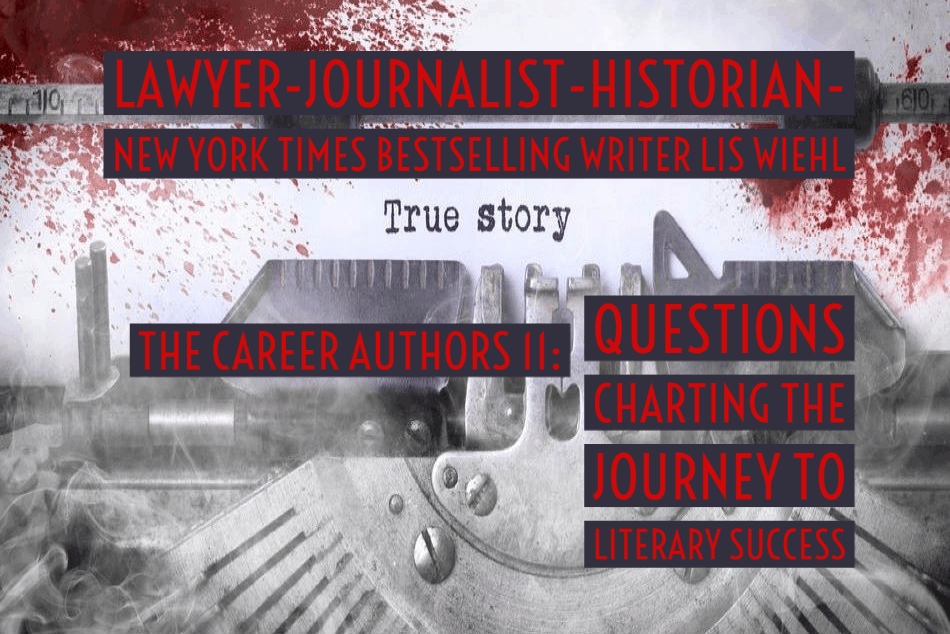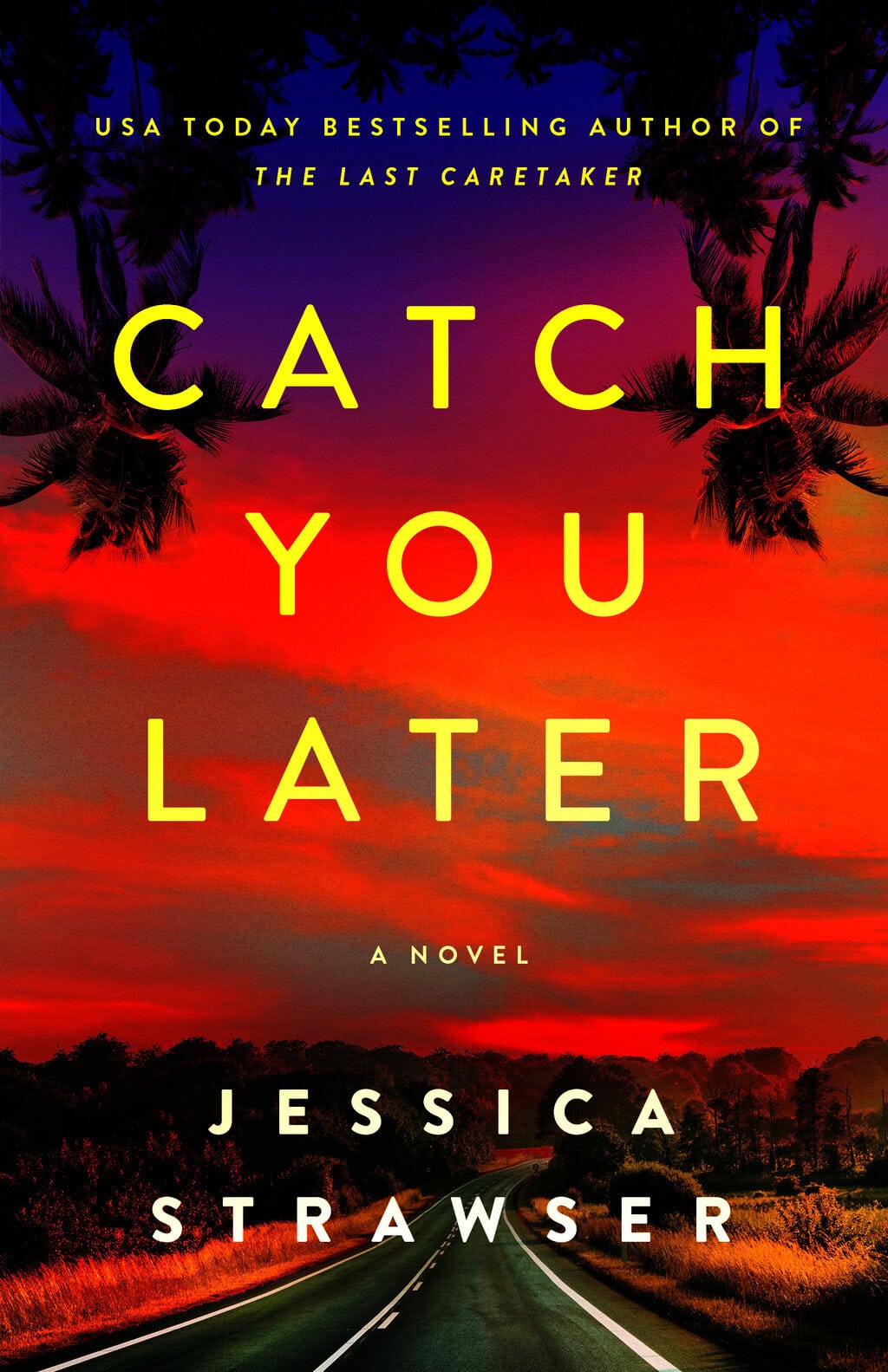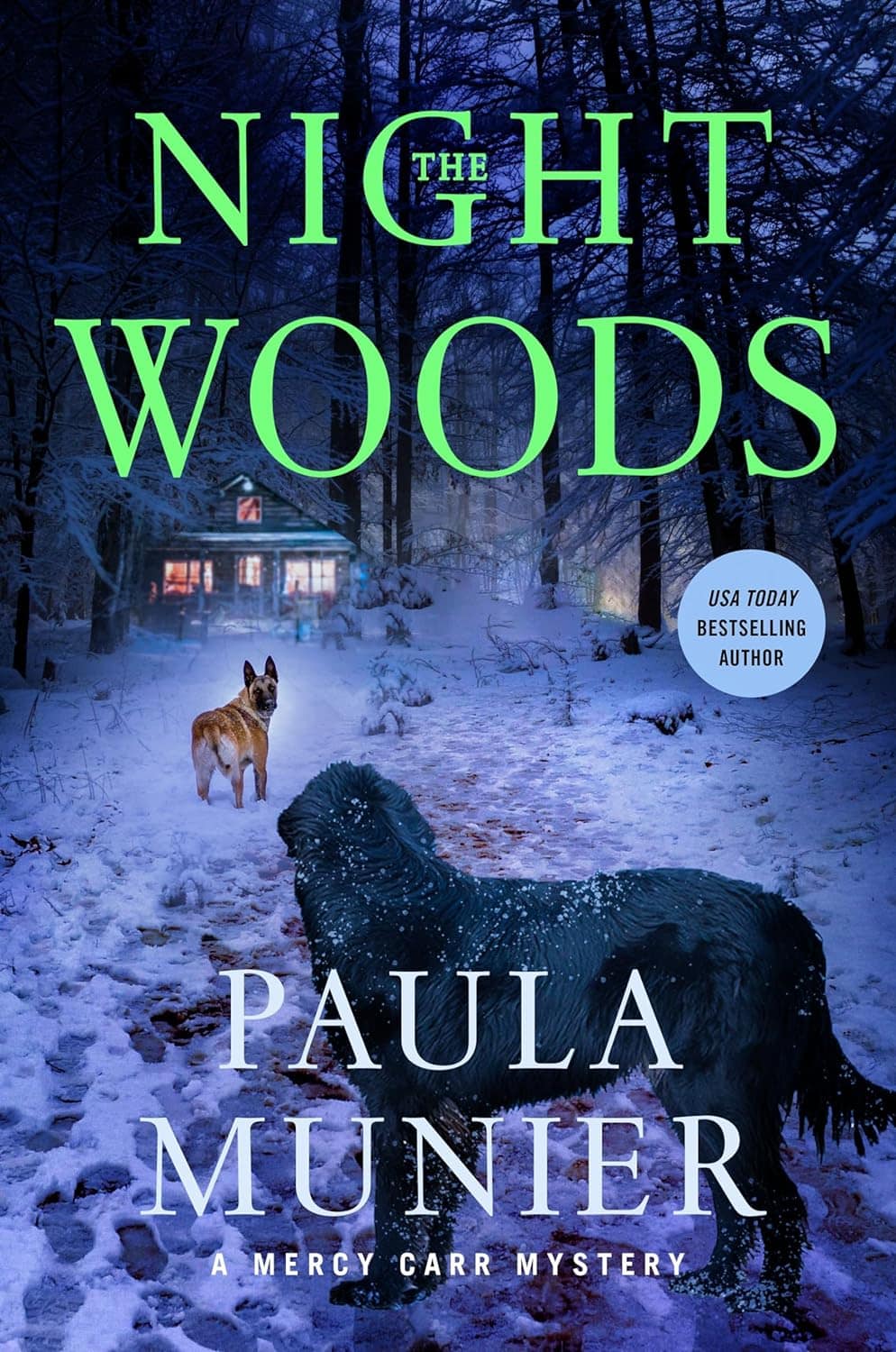If Lis Wiehl were fictional, she’d be a pretty fabulous main character. Harvard Law School graduate, a sought-after legal analyst for network TV, former federal prosecutor, acclaimed thriller writer, legal non-fiction writer, law school professor, and creator of her own genre: legal-historical-psychological-true crime. She answered our Career Authors 11, but it made us wonder whether we should have added a question 12: How does she do it?
1. What book changed your life?
Not one book, but a series of books: the biographies of Betsy Ross, Eleanor Roosevelt, Joan of Arc, and other woman I read while in school at Apple Valley Grade School in Yakima, Washington. The accounts of those women, who contributed to the world in different ways and showed strength in adversity, inspired me.
2. Was your first published book the first manuscript you ever wrote?
Yes, I was very lucky. My first manuscript, “Winning Every Time: How to Use the Skills of a Lawyer in the Trials of Your Life,” was published by Random House. I was a professor teaching advocacy to law school students, and I wanted to write a book that would transform what I was teaching my students into tools for useful non-lawyers.
3. Stephen King says, “The hardest part is just before you start.” What’s the hardest part of writing for you?
When I was running cross-country in school, my coaches said to me, “The hardest step in training is the first one out your front door.” The same is true for writing. The hardest step is sitting down in front of the computer, facing a blank screen, and making the first few keystrokes.
4. Do you know the story’s ending before you start?
I generally write an outline of the book before starting to write, so I have a good sense of where the story will end before I start writing. But, with fiction, those darn characters tend to develop a life of their own, so they can do things that may be unexpected or even “out of character” and that might lead me to tweak the ending of the story.
5. When you have a difficult writing day, what do you tell yourself to get through it?
“This too shall pass.” Then I attempt to stop telling myself anything and just go for a hike, take a long walk, go cycle at my local gym—basically do anything to get out of my head.
6. Do you read your reviews?
Of course! And as many good ones I get, a single bad review really stings!
7. Besides being persistent and correcting your spelling errors, what’s your best advice for a new author?
To take the exact opposite approach to mine in answer to the review question above!
8. What’s your definition of writer misery?
Looking in your refrigerator and snack cupboard and finding them bare.
9. What’s your definition of writer happiness?
Looking in your refrigerator and snack cupboard and finding them filled with your favorite treats, and also to be sitting at your keyboard clicking away undisturbed until both of your children calls just to say they love you.
10. What’s your favorite book on writing? And by the way, what’s your latest book?
The Writing Life by Annie Dillard. Dillard’s book makes me smile with recognition about the up’s and down’s of the writer’s life. Her anecdotal journey of a writer’s career is filled with vignettes that are humorous and, at the same time, lead me to reflect on my own craft. As always, a book that can both entertain and make one really think, is a good book in my opinion.
Hunting the Unabomber is my latest book, and I’m truly humbled and pleased that it is being published. I am grateful almost beyond words to FBI agent Patrick Webb, who worked with me to share his story of what really happened in the two decade long hunt for the notorious and elusive Unabomber. Through the eyes of Agent Webb, I was able to recreate the hunt for this domestic terrorist, who terrorized a nation as he constructed lethal bombs from his isolated cabin in rural Montana.
Agent Webb had long been retired in Vermont when he saw a documentary on the Unabomber that mischaracterized the story. Although dying of cancer, Agent Webb, who had led the Unabomber taskforce in San Francisco, agreed to help me set the record straight, and tell the true story.
The Unabomber still holds the infamous title of the “longest hunt” in FBI history. Through Agent’s Webb’s eyes, I wanted to set the record straight of what really happened in the hunt for this elusive terrorist. And, in telling the story of the Unabomber, I hope to convey a message of urgency that we need to pass a simple law and call out domestic terrorists for what they are.
11. What book are you reading right now?
City of Girls by Elizabeth Gilbert. This historical fiction is a fun read. It’s narrator, an old woman named Vivian, looks back at her life as a young woman in New York in the fun and frolicking 40’s. Young Vivian, who has grown up in a conventional suburban family, is introduced to a cast of charismatic and bohemian characters, and she gets in to one scrape after another. It’s a light read, and one that works for me right now.
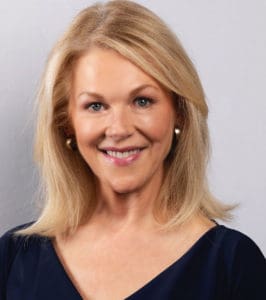
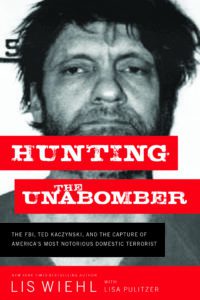 Lis Wiehl has served as legal analyst and reporter for NBC News and NPR’s All Things Considered, as a federal prosecutor in the United StatesAttorney’s office, and was a tenured professor of law at the University of Washington. She appears frequently on CNN as a legal analyst. She is the author of more than 18 books, both non-fiction and fiction. and lives near New York City.
Lis Wiehl has served as legal analyst and reporter for NBC News and NPR’s All Things Considered, as a federal prosecutor in the United StatesAttorney’s office, and was a tenured professor of law at the University of Washington. She appears frequently on CNN as a legal analyst. She is the author of more than 18 books, both non-fiction and fiction. and lives near New York City.

